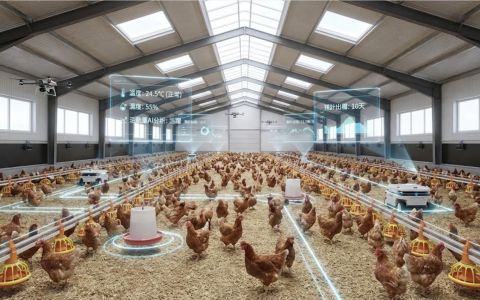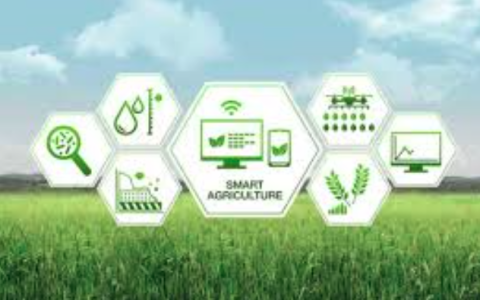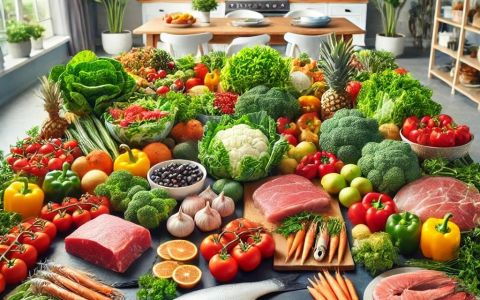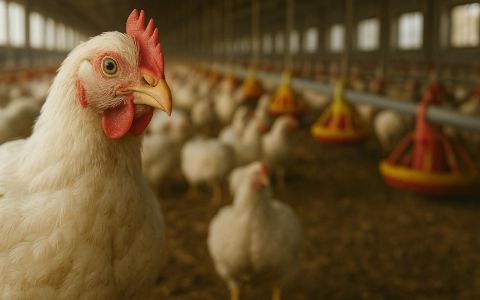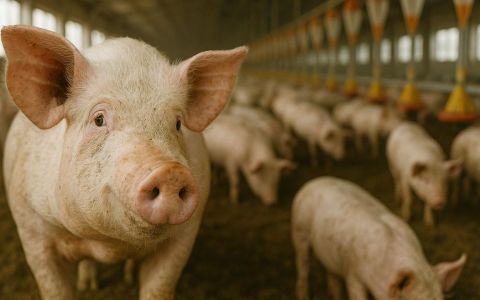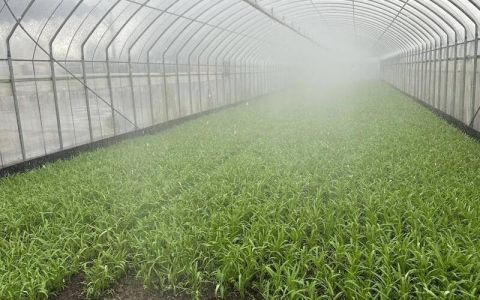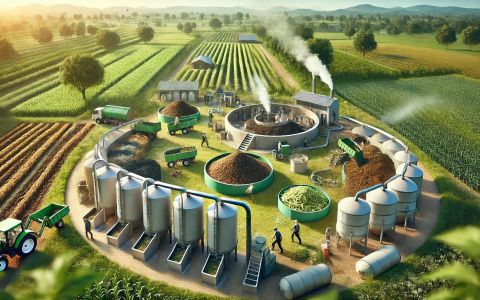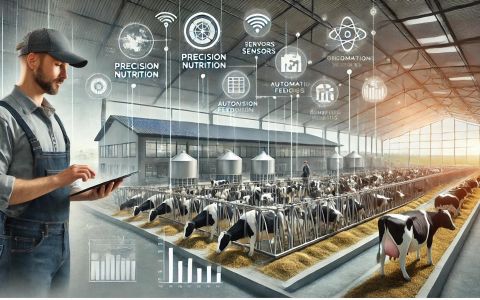Argicultural Product Testing : The Safeguard of Transportation, Health, and Environment
After Taiwan's joined the WTO, agricultural products faced strong competition in both domestic and international sales. For international trade, many countries have strict inspection standards for pesticide residues in imported products. Only qualified products that have been ensured of their quality and safety can be distributed to the international market. On the other hand in the domestic market, with the improvement of people’s living standards and higher requirements for food safety, the demand for various inspections has greatly increased. Therefore, pesticide residue testing has been implemented to monitor the use of pesticides, thereby improving their efficiency and reducing their impact on the environment. Furthermore, the inspection of agricultural products plays the role of guardian in the transportation and marketing of agricultural products, health, and environmental protection.
The invention of Pesticides Rapid Screening and Testing – Phansco Co. Ltd
Phansco Co. Ltd. worked together with Taiwan Agricultural Chemical and Toxic Substance Research Institute to develop a rapid screening technology called; “Raman Spectroscopic Pesticide Residue Detection System”, which introduced a nano-opto-electro-me mechanical system that builds a database consists of more than 230 pesticide residue profiles, to reduce human error, has won many invention patents in Taiwan and mainland China. This system utilizes a plant's fingerprint identification before harvesting vegetables and fruits, allowing for real-time detection, analysis, and in report production the field. Unqualified products can be intercepted before being sold to the market, adding a strict security mechanism for inspection.
Previously, using biochemical testing methods can take up to 5-7 days, which cost time and budget. Using the newly introduced system saves time with results detected in 10-15 minutes, and detecting new types of toxins that couldn’t be identified in the past. The higher the toxic percentage detected, the tougher it is for farmers to sell their products to the market, however safer for the consumers. This system effectively reduces the inspection threshold and a fast inspection time which allows producers and purchasers to have the willingness to conduct independent inspections. At the same time, it also increases the frequency of government monitoring of high-risk agricultural products and strengthens the supply mode of source safety management of agricultural products.
Spectral Detection of Phalaenopsis Pests and White Rice Quality - Isuzu Optics
Taiwan also known as the “Kingdom of Phalaenopsis”, with a rich variety and abundant quantity of moth orchids, is deeply loved both by flower lovers domestically and internationally. Beforehand, quality control on these types of flowers mostly relied on manual sampling and testing. The inspection process was not only complex but also unable to obtain real-time test results, as the method caused damage to the sample leading it to be unmarketable.
Isuzu Optics corporate with National Chung Hsin University's "Agricultural Product Quality Spectral Detection Technology", to work on the combination of hyperspectral analysis techniques and algorithms, which can detect a fungal infection that causes yellowing leaves without causing damage to Phalaenopsis.
This technology can also be applied to the screening of rice quality. Nowadays, most white rice screening and grading use automated machine identification systems, high-precision cameras, and image identification technology to observe the size, shape, color, texture, and other appearance characteristics of the grain. This technology uses a high light spectrometer to conduct spectral measurements of different types of rice, and obtain spectral data of various wavelengths, which can improve the accuracy of data, and quickly detect the quality of rice.
Other News
This report is based on the 2024 Taiwan Poultry Statistical Manual, published by the Veterinary and Livestock Development Foundation. The following is a quick summary highlighting the key data and development trends of Taiwan's poultry industry in 2024:
Climate change, labour shortages and rising sustainability demands are reshaping agriculture. Here are the key smart farming technologies and trends transforming the sector in 2026.
Taiwan's ready-to-eat agricultural and fishery products and functional foods market is undergoing rapid transformation and growth, primarily driven by modern consumers' high demand for convenience, health, and sustainability. In terms of supply chain, government and private enterprises are heavily investing in automated processing technologies and nationwide cold chain logistics systems to address labor shortages, enhance food safety and quality, and strengthen export competitiveness.
Aquaculture has become a cornerstone of Taiwan's fisheries sector. As of 2023, the industry's production value reached approximately NT$40.2 billion, accounting for nearly 41% of the country's total fisheries output.
Taiwan's poultry industry represents a substantial market opportunity for international equipment manufacturers and technology providers.
Taiwan's livestock production value reaches approximately NT$185.8 billion annually (2021 data), accounting for about 34.6% of the total agricultural output value
Smart irrigation and scheduling tech improve greenhouse farming efficiency in Taiwan, reducing labor needs and increasing productivity.
Taiwan’s agriculture plays a pivotal role in national food security, economic development, and global trade. Despite limited arable land, climate challenges, and an aging rural workforce, Taiwan has developed a highly efficient and technologically advanced agricultural system. Today, the sector is undergoing a digital and sustainable transformation through smart farming, automation, and eco-friendly practices—aimed at boosting productivity, reducing labor reliance, and improving resilience.
Discover how cutting-edge carbon reduction strategies and circular technologies are transforming agriculture, with inspiring examples from Taiwan and Japan leading the way to a greener, more sustainable future.
Integrating smart technologies such as sensors, IoT, and AI into agriculture and livestock sectors enables precise nutritional management, enhancing production efficiency, reducing waste, and promoting environmental sustainability.









